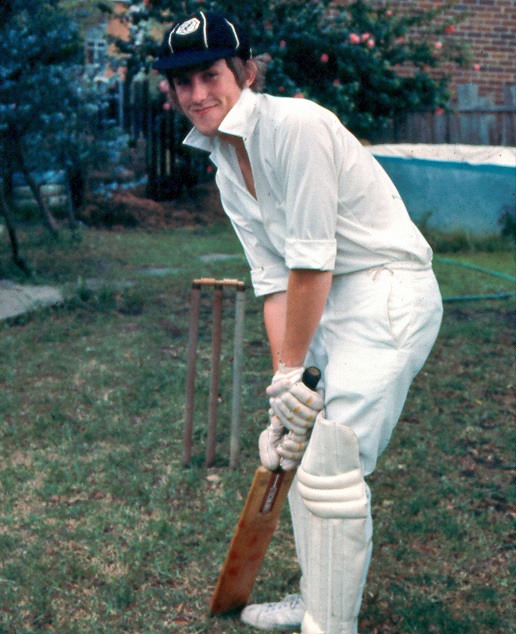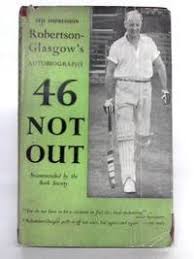
Peter Langston
Tamworth, New South Wales, Australia
35 Likes
4 Followers
4 Followers
last year
Having just read “Auntie’s Season”, an exquisite recount of holiday cricket with family in Devon by Raymond “Crusoe” Robertson-Glasgow, it’s remarkable similarities to the Australian backyard game surprised me. One thinks only of the origins of English cricket to be either proper school boys at Eaton or Harrow or grubby monosyllabics after a ‘day at pit’.








